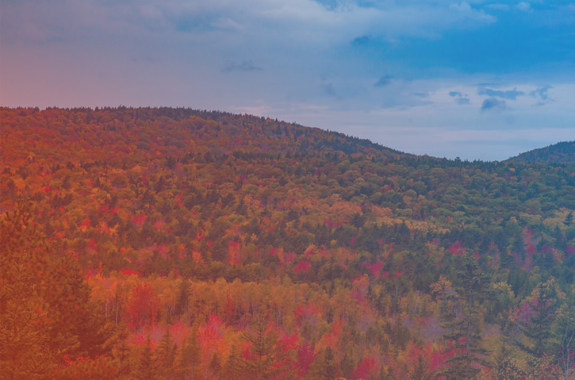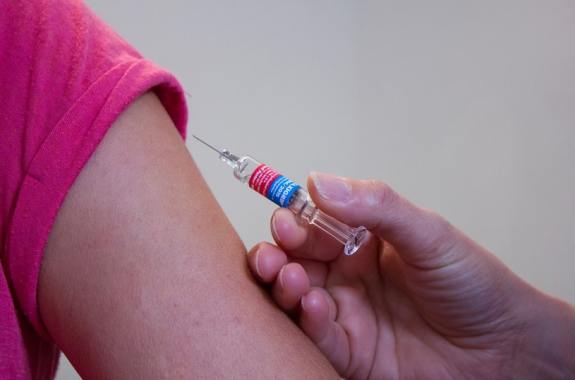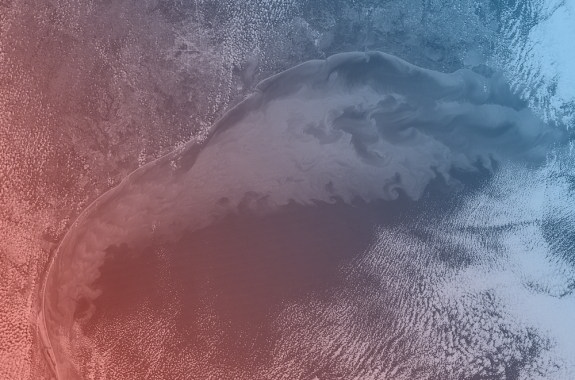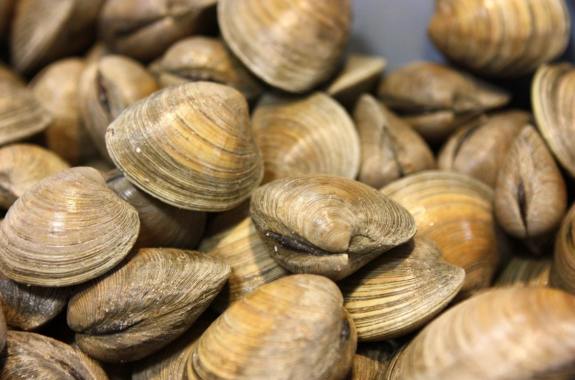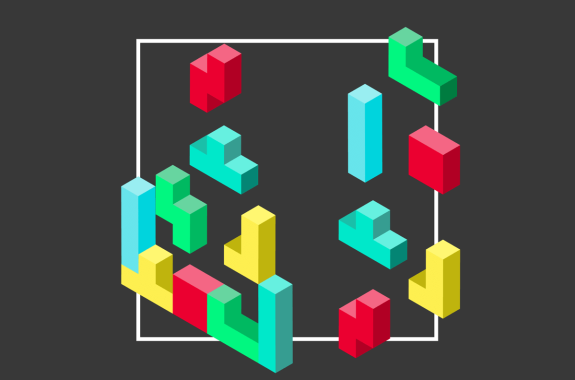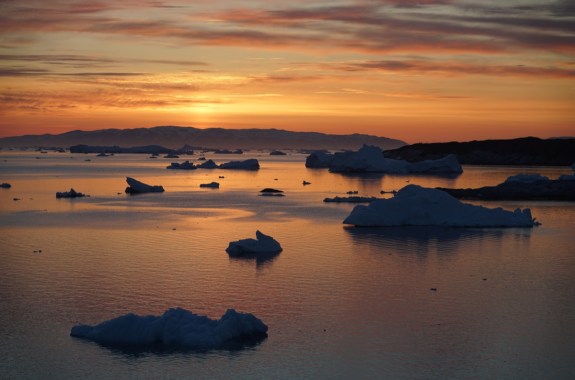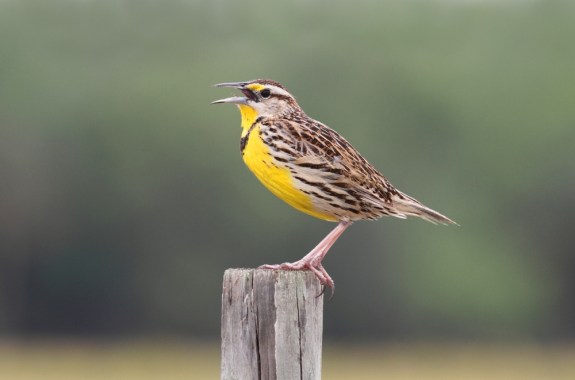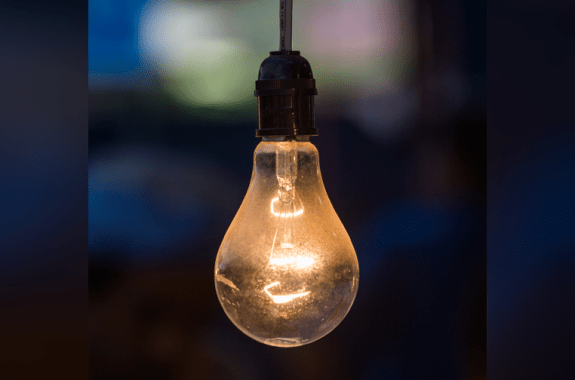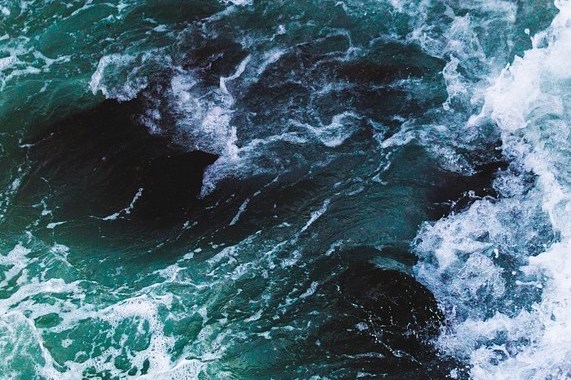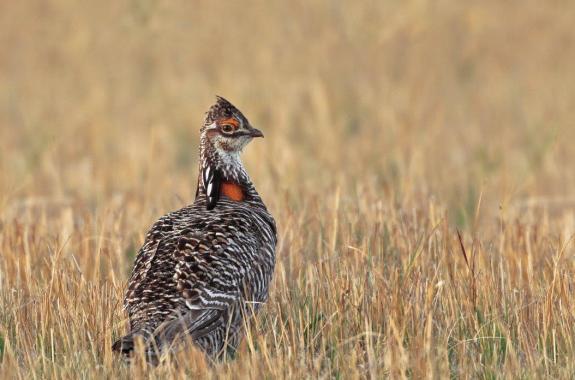As Science Friday’s director and senior producer, Charles Bergquist channels the chaos of a live production studio into something sounding like a radio program. He coordinates in-studio activities each week from 1-4. And then collapses. He also produces pieces for the radio show. His favorite topics involve planetary sciences, chemistry, materials, and shiny things with blinking lights.
Charles has been at Science Friday longer than anyone on staff except Ira, and so serves as a repository of sometimes useful, sometimes useless knowledge about the program. He remembers the time an audience member decided to recite a love poem during a live remote broadcast, the time the whole staff went for ice cream at midnight in Fairbanks, Alaska, and the name of that guy Ira is trying to remember from a few years back who did something with space.
He hails from southeastern Pennsylvania and worked for a while as a demonstrator at the Franklin Institute, Philadelphia’s science museum (favorite devices: Maillardet’s Automaton, the stream table, the Chladni plates). He has a degree in chemistry from the University of Delaware, home of the Fighting Blue Hens, and a master’s in journalism from New York University’s Science, Health, and Environmental Reporting Program. However, he attended the program prior to the addition of ‘Health’ to its name, which may explain his slight unease when covering medical topics.
Outside the walls of Science Friday, he enjoys backpacking, camping, cooking not-entirely-healthy things, reading escapist fiction, and trying to unravel his children’s complicated stories.
4:39
Leaf Data, In Your Family Albums
Researchers are collecting snapshots of Acadia National Park to supplement satellite data on fall leaf colors.
6:30
Measles Vaccine Helps Protect Against More Than Just Measles
People infected with measles can develop an immune system ‘amnesia,’ losing antibodies to other pathogens.
4:42
Reducing Runoff To Protect The Gulf
A ‘dead zone’ in the Gulf of Mexico has states along the Mississippi working to reduce nutrient runoff.
8:54
Digging Into Ancient Clam Aquaculture
What the clam gardens of Indigenous people in the Pacific Northwest can teach us about sustainable aquaculture
12:05
The Decision-Making Puzzle
What observing champion Tetris players can teach researchers about how the brain makes snap decisions.
17:24
The Latest IPCC Report: A Global Warning On Ice And Oceans
Ice and oceans worldwide are already being reshaped by a changing climate, affecting everything from weather to fisheries to coastal communities.
11:59
A Troubling Decline In North American Birds
A study says the bird population in North America today may be almost 3 billion birds smaller than in 1970.
7:39
A Dimming Plan For Lighting Efficiency
The Trump administration plans to roll back efficiency plans that would have decreased the use of incandescent light bulbs.
12:20
Hurricane Watch And An Ocean Arrival
All eyes are on the Atlantic this week as Hurricane Dorian approaches, and Greta Thunberg arrives in New York City.
17:40
Supporting Texas’ Feathered Friends
How human actions—from bird feeders to wind farms—can affect the health of bird populations.
